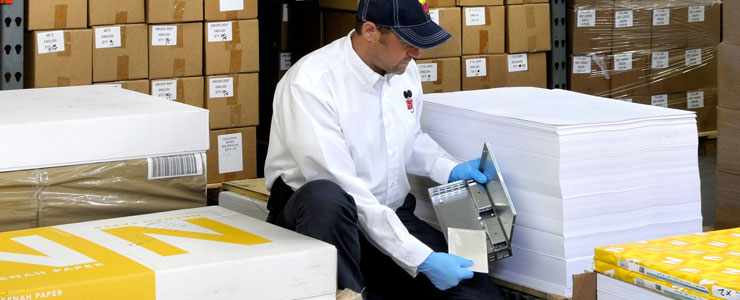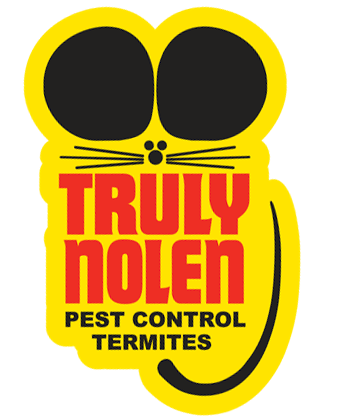
This program begins with physically preventing the rodents from entering the area targeted for control. Rodent proofing or “building them out” is a critical step in any comprehensive rodent control program. Once the exclusionary measures are completed, the technician then traps the rodents already inside the structure.
INSPECTION begins with a customer interview, followed by a thorough visual inspection for pest IDENTIFICATION and DETERMINATION of a course of action. Inspection includes the interior and exterior of the structure. The pest professional looks for entry points, nesting sites and food sources. He makes thorough notes of all findings, takes photographs as appropriate, and always invites the customer to participate in the inspection process. He then develops a graph and site plan that outlines his findings.
Exclusion
The goal is to close off rodent passageways by eliminating holes, cracks, or gaps that are 1/4″ or larger. The tech takes the following actions as appropriate.
Safety
Before accessing an infested area, the pest professional puts on an approved dust mask and rubber gloves to prevent the inhalation of small pieces of rodent fur, dander and dried rodent excrement.
Trapping
Option #1 Snap Traps – The technician baits & places multiple snap traps in rodent runways only a few inches apart with the snap trigger facing the runway. A snap trap can be placed in a bait box to keep it from view.
Option #2 Glueboards – An alternative to the snap trap, this disposable unit is used where snap traps might pose a hazard. The technician places the units on or against surfaces where rodent travels. Not appropriate for dusty environments.
Monitoring
Traps are checked and cleared no less than every 48 hours until the population is eradicated.
Rodent Removal/Disposal
Again, the technician always wears appropriate safety equipment and treats his clothing with DEET before beginning to reduce chances of flea bites. He sprays each dead rodent with a disinfectant and waits ten minutes before beginning removal activities. The tech removes the rodent from the trap and places it in a plastic trash bag, systematically clearing each trap as needed. With glueboards, the disposable unit and attached rodent are placed in the trash bag. Once done, the technician seals the bag and takes it off-site for disposal.
Trap Re-set
When rodent removal is completed, each trap is re-baited and placed again. In the case of glueboards, new units are assembled and placed.
Guarantee
Truly Nolen guarantees the customer’s satisfaction! We provide complimentary callbacks with a guaranteed 24 hour response time should your pest issue persist between routine service intervals. If his rodent problem reoccurs during the monitoring phase, we will initiate the trapping & removal process until the pest is again under control. Should any portion of the exclusion fail, Truly Nolen will repair or replace that section at no additional cost to the customer.
